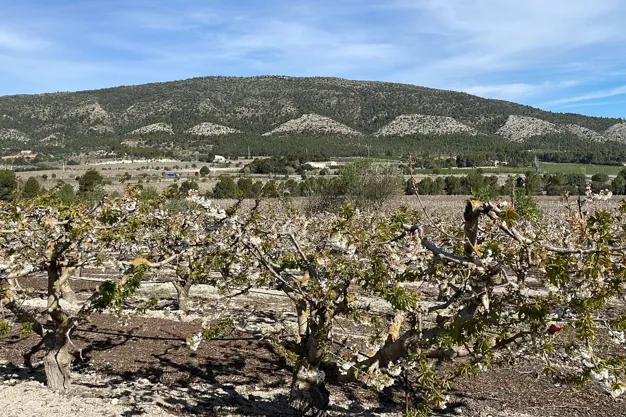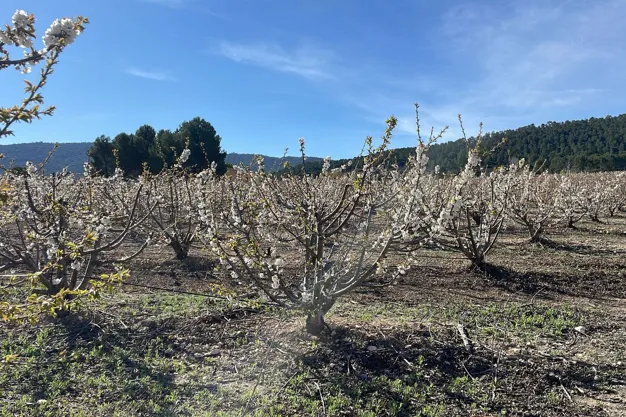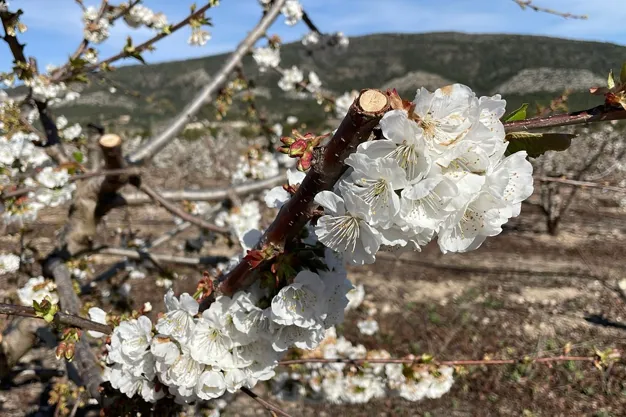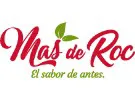After several campaigns marked by the effects of unfavorable spring weather, the cherry season in the Alicante mountain region is looking very promising.

"It's still early to make predictions, but the flowering is generally going quite well," says Aleixandre Beltrá, from Mas de Roc. "We've had a very warm winter and the only varieties that are not having a uniform flowering are the early ones in the warmer areas, although not all, because there are low winter dormancy varieties that are performing very well. In any case, we've had the best spring in years, which has allowed for a good pollination and we expect a good fruit setting in the higher areas and for the mid-season or late varieties."

"The season is very long, but we are kicking it off with hope," says Aleixandre. "We grow cherry trees at altitudes of between 300 and 900 to 1,000 meters, so if all goes well, we'll start harvesting between late April and early May, and we'll have cherries until the end of July."
"The only thing we need now is rain, because due to our location, we haven't fully benefited from the latest rainstorm coming from the west."

Mas de Roc is a family run cooperative affiliated with the PGI Cerezas La Montaña de Alicante, whose fields, with a productive potential of 800,000 kilos of cherries, are located next to the Carrascal de la Font Roja Natural Park, and some of them even form part of the Natura 2000 protected area. This has led Mas de Roc to become very aware of the importance of preserving these reserves, and it is doing so through extensive agriculture, minimizing the impact on the ecosystem by employing traditional cultivation techniques and biological control.
Furthermore, the cooperative has 55 hectares devoted to organic cherry production, which represents 32% of the total area in the Region of Valencia, where they are the largest producers, and 9% of the Spanish total.

"With cherry cultivation, we also help people stay in an area that has a depopulation problem. It's a pity that fewer and fewer people are willing to work in cherry cultivation because of it being a risky crop, and Agroseguro has given up on us," says Aleixandre. "Despite having insured the crops for decades, Agroseguro has only taken into account the results of the last 6 years, marked by great losses due to the weather, to set the conditions of its insurances. The price has increased, the coverage has decreased, and they have set dreadful conditions to be able to insure the crops."

"If things don't change, young growers won't have much motivation to continue working with cherries, as they need the support of an insurance that will protect them from any misfortune like those we've been having in recent years."
However, this year could mark an end to a series of unfortunate campaigns. "For now, everything points to this being a good year, so we remain hopeful that it will be so."
 For more information:
For more information:
Mas de Roc
Partida Canal Alta 5
Alcoy, Alicante. Spain
General information: +34 965 546 528
Direct sales: +34 646 104 965
https://masderoc.com
